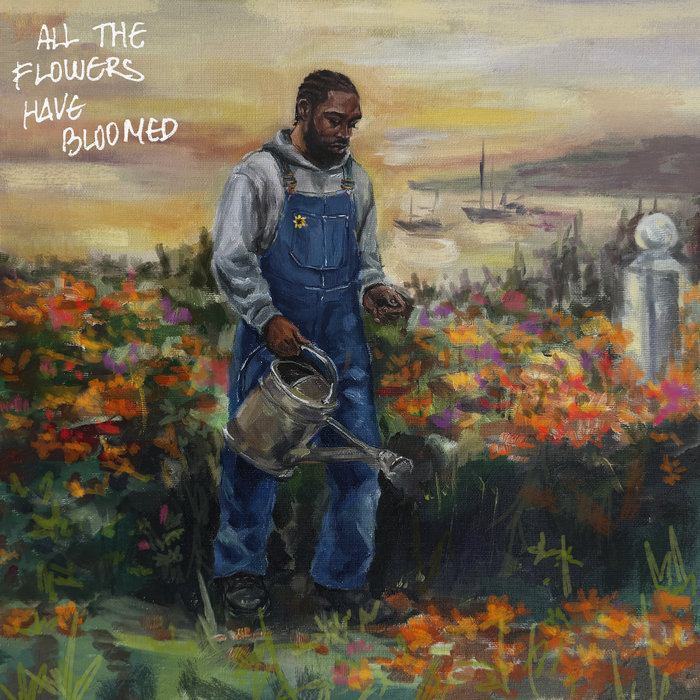
All The Flowers Have Bloomed – Kofi Stone
this blog is GROOVY – check out great Soul, Funk, Jazz, Hip Hop, Bass, Breaks , Reggae, House n many more TUNES
Yo, my friend! Let’s take a trip through the vibrant, pulsating streets of hip-hop and rap—the genre that took the world by storm and turned it into a dance floor! From funky beats to slick rhymes, hip-hop is more than music; it’s a lifestyle, an art form, and a cultural movement that started in the concrete jungles.
Hip-hop emerged in the Bronx during the 1970s. Picture this: block parties where DJs spun records from funk and soul hits while MCs hyped up the crowd. Kool Herc—yes, Mr. Herc himself—was one of those pioneering DJs who introduced breakbeat DJing. That was when folks realized they could ride those phat bass lines forever!
Hip-hop isn’t just about rapping; it’s composed of four key elements:
There you have it—a party ready to pop off!
In comes the ‘80s—a decade full of innovation! This era saw artists like Run-D.M.C., Grandmaster Flash, and LL Cool J breaking through mainstream barriers.
One funny tidbit? Remember when LL Cool J dropped “I Need Love”? It was the first rap ballad ever—and let’s be honest, can you picture him serenading someone at home? We can totally see him putting on his best plaid shirt for dinner dates!
The ‘90s kicked down doors even harder! This decade birthed fascinating sub-genres—West Coast vs East Coast battles brought out legends like Tupac Shakur (2Pac) and Notorious B.I.G. (Biggie).
Did you know Tupac once played a role as “Jamal” in a movie called Juice? His character had some serious drama going on…but we’re still chuckling over how he traded his gun for his pen later on with deep lyrics that reflected life struggles.
And Biggie’s debut album? It went into history books—not only because he was smoother than peanut butter but also due to an epic line: “It was all a dream.” Little did we know how true those words rang when things really began popping off!
Fast forward to Y2K—the millennium where technology mixed things up big time! With MySpace kicking off social media vibes alongside YouTube budding up platforms for emerging talent, rappers were now dropping tracks straight from their basements into our earbuds.
Enter Eminem—a white boy from Detroit spitting rhymes so fast even seasoned rappers got dizzy trying to catch them. Did you catch his mixtape antics back then or his crazy hair phases? Props if you’ve tried any of those hairstyles yourself; brave souls unite!
Let’s sprinkle in another giggle moment here… remember when Snoop Dogg famously mentioned he’d do anything for some cookies back in K-9 days? Turns out he loves baking almost as much as rapping—that dude’s got skills beyond just sweet bars…get it?
Today hip-hop/rap has exploded worldwide—from London grime artists flexing their syllable game to Latin trap taking over airwaves around Latin America thanks to stars like Bad Bunny—this genre ain’t slowing down anytime soon.
What’s wild though is how diverse these sounds are becoming—you’ve got Drake crooning melodically while Kendrick Lamar drops bars reflecting societal issues deeper than oceans’ depths—all wrapped up in hip-hop flair!
Want something humorous here? How about when Cardi B declared she used her platform not just for music but also “making sure y’all eat properly”? A queen multitasking every wish granted right there with healthy meals served hot alongside fire beats blaring globally…now that’s dedication if we say so ourselves!
Also worth noting—Nicki Minaj’s infamous barbs can’t be forgotten; didn’t she once get mad because someone didn’t clap loud enough backstage during her show?! Just goes to show everyone needs appreciation now & then—even superstars have diva moments too!!
So there you have it—the history of hip-hop/rap told in its grooviest vibes possible! From block parties rocking speakers non-stop till today’s digital age-lockdown kings ruling playlists everywhere—it continues evolving while keeping its roots grounded solidly within culture & community connections alike.
Hey hey before I leave ya hanging remember this whimsically amusing thought next time your favorite artist takes stage or drops fresh tunes—it all started somewhere special downtown Bronx years ago—but somehow feels like home wherever there’s rhythm echoing all around us…
Keep groovin’, fam! 🎤✌️

All The Flowers Have Bloomed – Kofi Stone
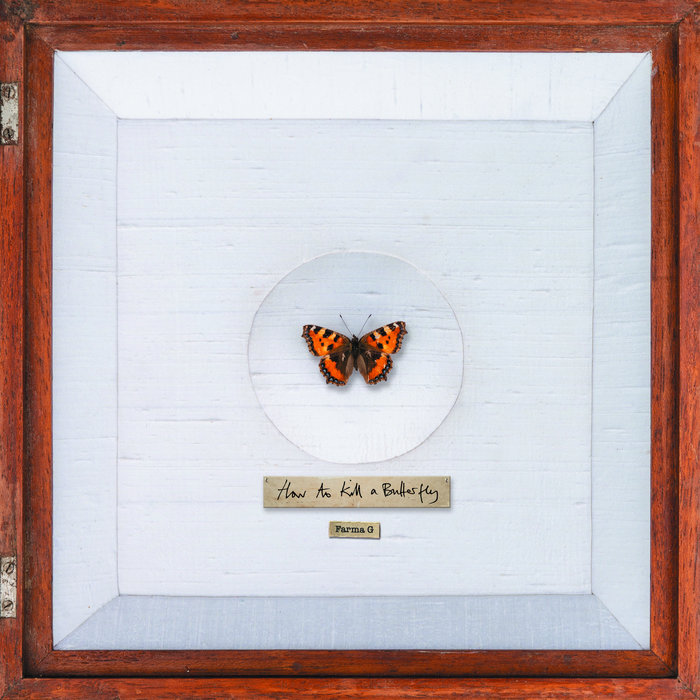
Found That Funny – Farma G
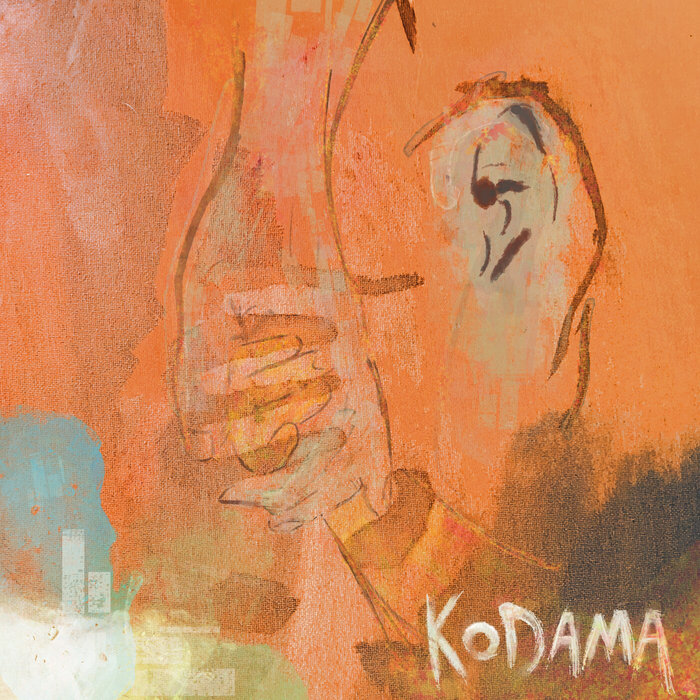
Kodama – Cook But We're Chefs
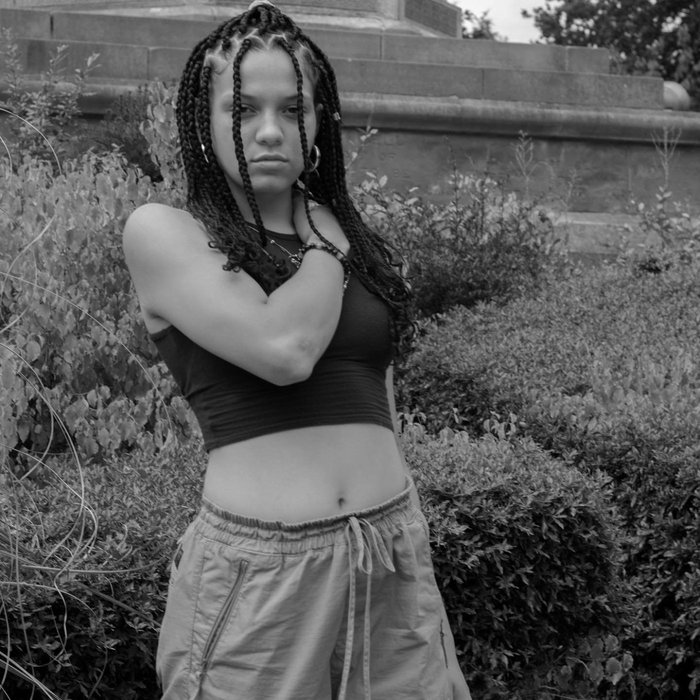
Force Remix – JayaHadADream & Zoutr
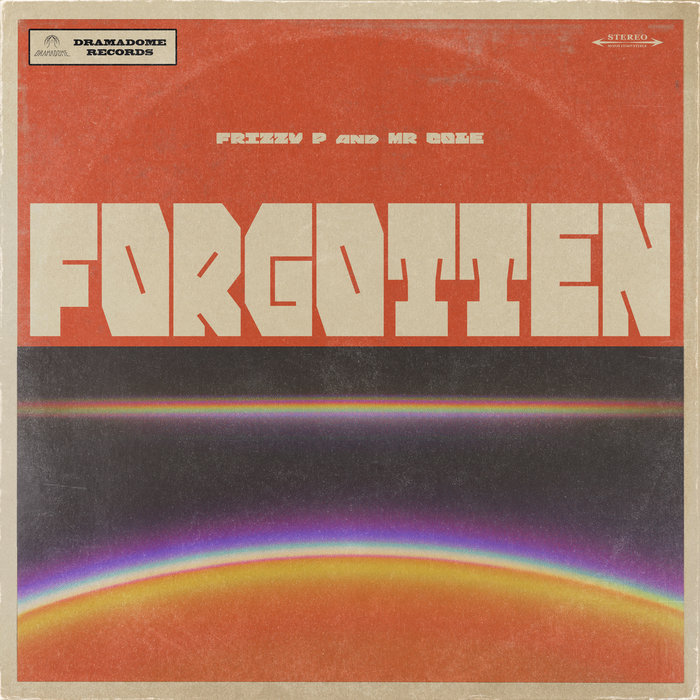
FORGOTTEN – Frizzy P & Mister Cole
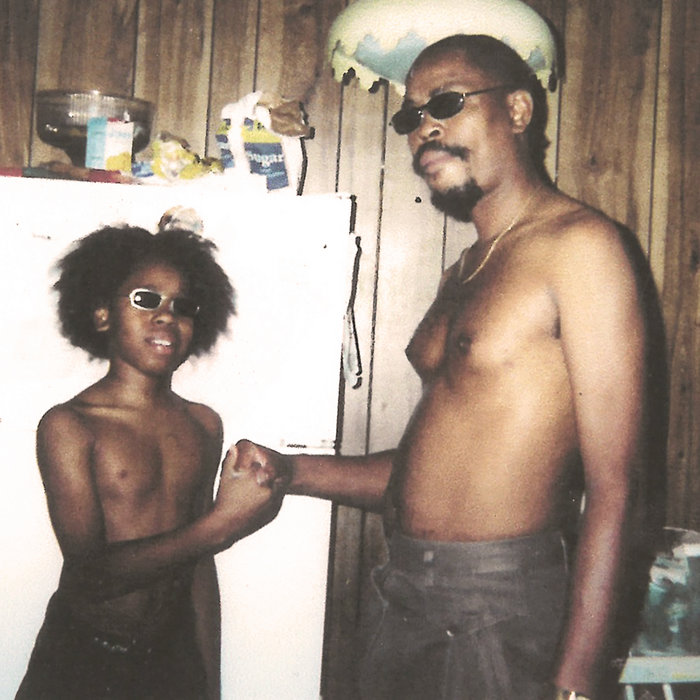
Keep The Hope – Solemn Brigham

Gas Money Tennessee – Dust Raps the Blues
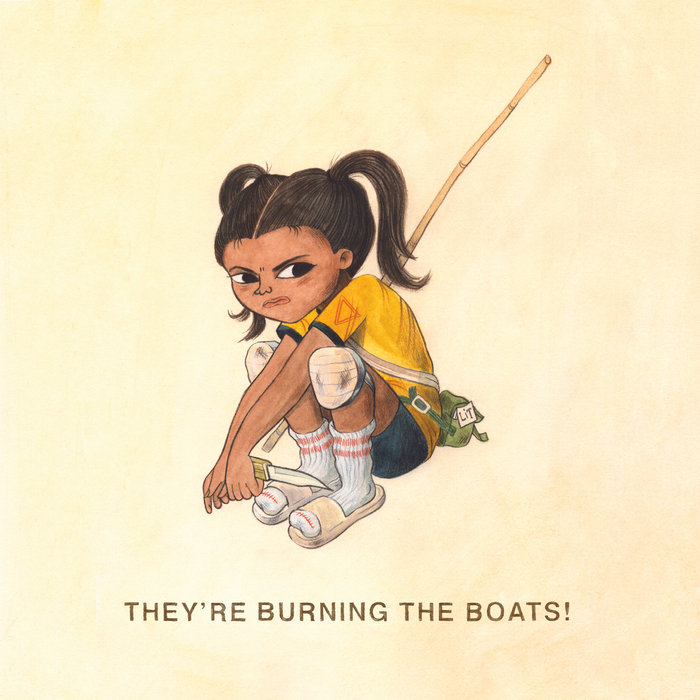
It’s Happening, Now – Bambu
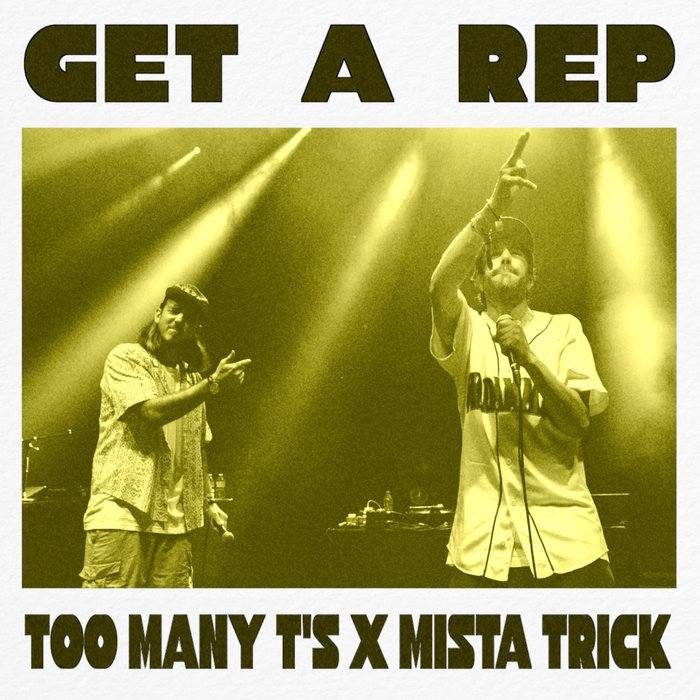
Get A Rep (prod. Mista Trick) – Too Many T's, Mista Trick
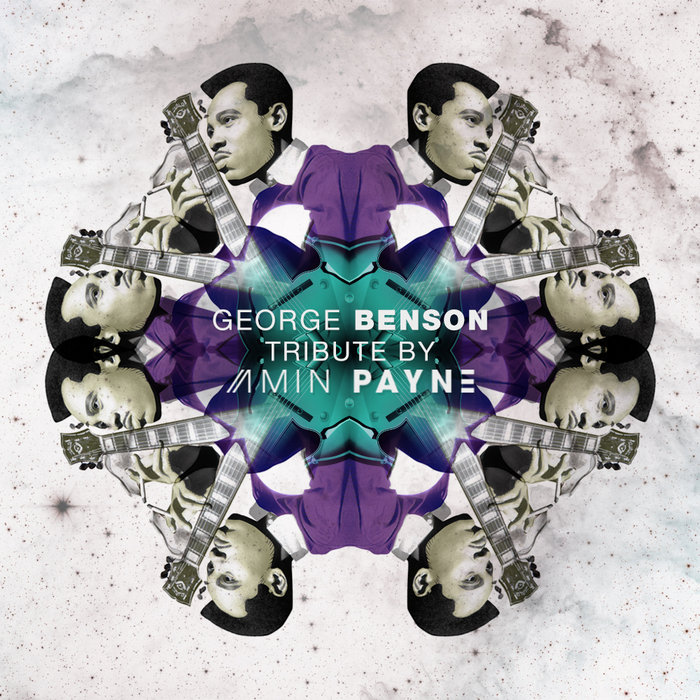
George Benson Tribute – Amin Payne